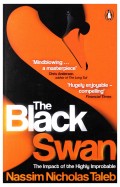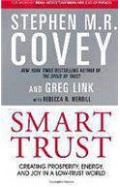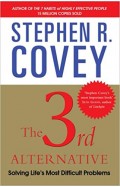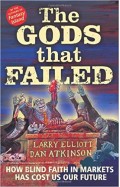- Home
- Urdu Books
- Children's Urdu Books
- Business & Management
- The Design of Everyday Things - Revised and Expanded Edition
The Design of Everyday Things - Revised and Expanded Edition
By: Don Norman
-
Rs 4,796.00
- Rs 5,995.00
- 20%
You save Rs 1,199.00.
Due to constant currency fluctuation, prices are subject to change with or without notice.
The Design of Everyday Things - Revised and Expanded Edition
By: Don Norman
Rs 4,796.00 Rs 5,995.00 Ex Tax :Rs 4,796.00
Zubin Mehta: A Musical Journey (An Authorized Biography)
By: VOID - Bakhtiar K. Dadabhoy
Rs 472.50 Rs 1,050.00 Ex Tax :Rs 472.50
The 4 Hour Work Week Escape The 9 5 Live Anywhere And Join The New Rich
By: Timothy Ferriss
Rs 2,396.00 Rs 2,995.00 Ex Tax :Rs 2,396.00
Homo Deus A Brief History of Tomorrow
By: Yuval Noah Harari
Rs 2,476.00 Rs 3,095.00 Ex Tax :Rs 2,476.00
Sapiens A Brief History of Humankind
By: Yuval Noah Harari
Rs 2,965.50 Rs 3,295.00 Ex Tax :Rs 2,965.50
Noise: The new book from the authors of ‘Thinking, Fast and Slow’ and ‘Nudge’
By: Daniel Kahneman
Rs 1,784.25 Rs 2,745.00 Ex Tax :Rs 1,784.25
Quiet The Power of Introverts in a World That Cant Stop Talking
By: Susan Cain
Rs 1,556.75 Rs 2,395.00 Ex Tax :Rs 1,556.75
The Black Swan The Impact Of The Highly Improbable
By: Nassim Nicholas Taleb
Rs 2,636.00 Rs 3,295.00 Ex Tax :Rs 2,636.00
Inside Apple How Americas Mo Admired And Secretive Company Really Works
By: Adam Lashinsky
Rs 1,012.50 Rs 1,350.00 Ex Tax :Rs 1,012.50
Buyology How Everything We Believe About Why We Buy Is Wrong
By: Martin Lindstrom
Rs 2,236.00 Rs 2,795.00 Ex Tax :Rs 2,236.00
The 3rd Alternative Solving Life s Most Difficult Problems
By: Stephen Covey
Rs 516.75 Rs 795.00 Ex Tax :Rs 516.75
The 4 Hour Work Week Escape The 9 5 Live Anywhere And Join The New Rich
By: Timothy Ferriss
Rs 2,396.00 Rs 2,995.00 Ex Tax :Rs 2,396.00
Homo Deus A Brief History of Tomorrow
By: Yuval Noah Harari
Rs 2,476.00 Rs 3,095.00 Ex Tax :Rs 2,476.00
Sapiens A Brief History of Humankind
By: Yuval Noah Harari
Rs 2,965.50 Rs 3,295.00 Ex Tax :Rs 2,965.50
Noise: The new book from the authors of ‘Thinking, Fast and Slow’ and ‘Nudge’
By: Daniel Kahneman
Rs 1,784.25 Rs 2,745.00 Ex Tax :Rs 1,784.25
Quiet The Power of Introverts in a World That Cant Stop Talking
By: Susan Cain
Rs 1,556.75 Rs 2,395.00 Ex Tax :Rs 1,556.75
No recently viewed books available at the moment.
Zubin Mehta: A Musical Journey (An Authorized Biography)
By: VOID - Bakhtiar K. Dadabhoy
Rs 472.50 Rs 1,050.00 Ex Tax :Rs 472.50
The Design of Everyday Things - Revised and Expanded Edition
By: Don Norman
Rs 4,796.00 Rs 5,995.00 Ex Tax :Rs 4,796.00
The 4 Hour Work Week Escape The 9 5 Live Anywhere And Join The New Rich
By: Timothy Ferriss
Rs 2,396.00 Rs 2,995.00 Ex Tax :Rs 2,396.00
Homo Deus A Brief History of Tomorrow
By: Yuval Noah Harari
Rs 2,476.00 Rs 3,095.00 Ex Tax :Rs 2,476.00
Sapiens A Brief History of Humankind
By: Yuval Noah Harari
Rs 2,965.50 Rs 3,295.00 Ex Tax :Rs 2,965.50
Noise: The new book from the authors of ‘Thinking, Fast and Slow’ and ‘Nudge’
By: Daniel Kahneman
Rs 1,784.25 Rs 2,745.00 Ex Tax :Rs 1,784.25
Quiet The Power of Introverts in a World That Cant Stop Talking
By: Susan Cain
Rs 1,556.75 Rs 2,395.00 Ex Tax :Rs 1,556.75











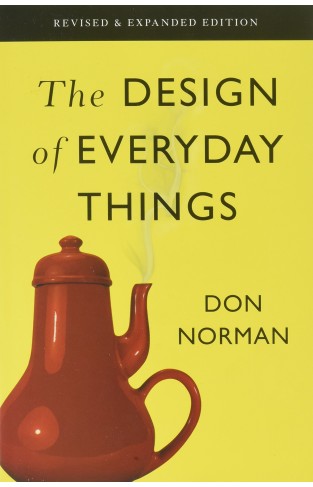
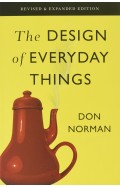
-120x187.jpg?q6)











